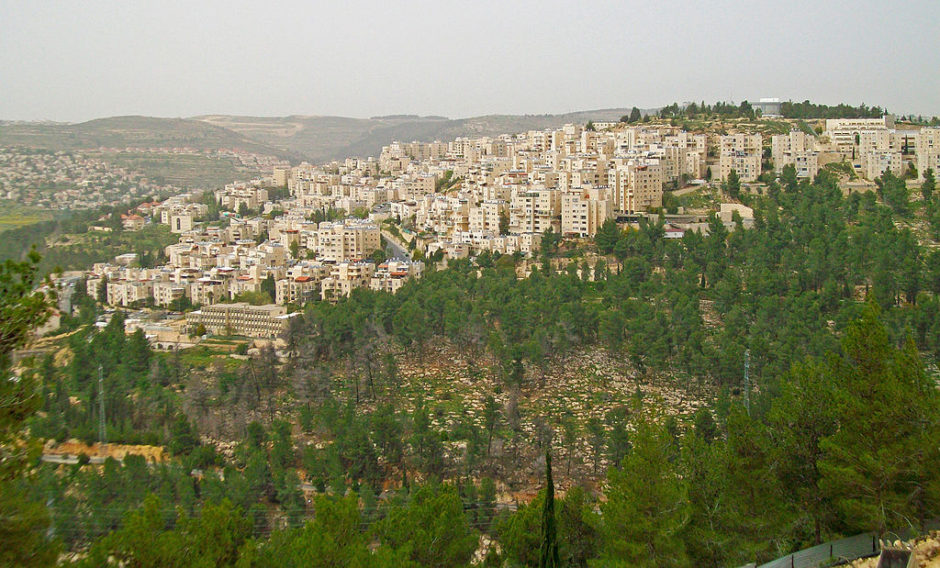Among the movies to be presented at this year’s Toronto Jewish Film Festival, running from May 5-15, are two films focusing on Israel and an Italian documentary about the former ghetto in Venice.
Danae Elon, born in Jerusalem in 1970, left Israel in 1990 and spent the next two decades in New York City, where she learned to be a filmmaker. Against her father’s stern advice, she returned to Jerusalem following his death in 2009. Elon was accompanied by her husband, Philip, and their two young sons. She was pregnant with their third child when they arrived in Israel in 2010.
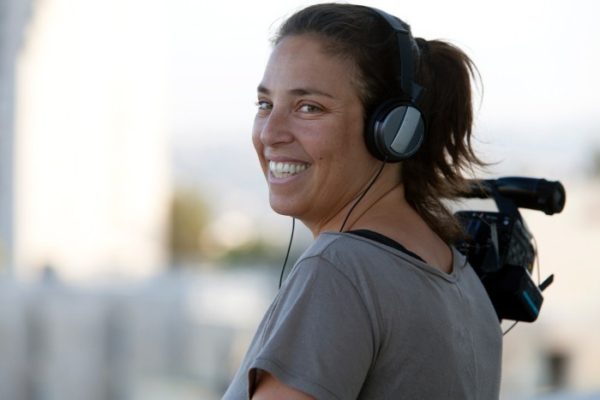
Elon’s candid and thoughtful film, P.S. Jerusalem (May 6 and 8), charts their collective attempt to acclimatize themselves to a new life in a city Elon considers her real home.
Living in Israel was a difficult challenge for Elon. She was not in tune with the hard-line policies of the right-wing Israeli government, and her husband — a photographer of Algerian Jewish descent from France — felt like an alien in the country.
Elon is the daughter of Amos Elon, the renowned Israeli journalist. He covered the 1948 Arab-Israeli war and wrote best-selling books about Zionism and Israeli history. Having concluded that Israel had embarked on a disastrously wrong path after the Six Day War, he became one of its most vociferous critics. He emigrated in 2005, settling in Italy’s Tuscany region.
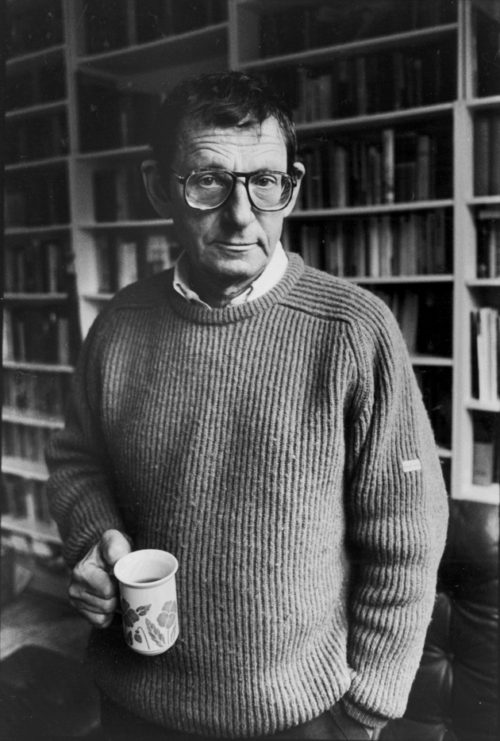
Although Elon was very close to her father, a Jew of Austrian descent, she had to tread carefully. As a young woman, she recalls, he was in the habit of vetting her friends strictly on the basis of their political views. If they held right-wing views, they were beyond the pale, as far as he was concerned. By the norms of Israeli politics in the wake of the Six Day War, he was an ardent left-winger.
When Elon and her family moved to Jerusalem, they tried to blend in. They enrolled their son in the city’s only Jewish-Arab school, and she found a teaching job in a college. Philip remained jobless and uncomfortable in Israel, but at Elon’s urging, he finally took Hebrew lessons.
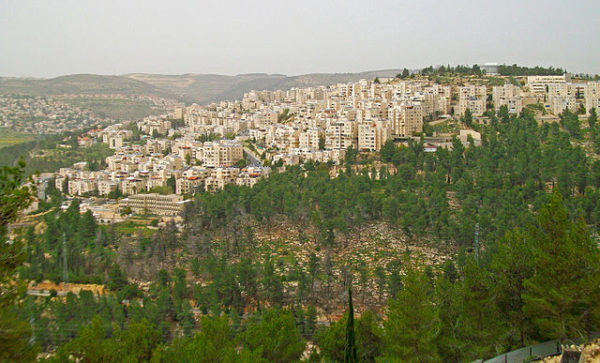
Being a political activist, she took part in demonstrations protesting Israel’s twin decisions to build another Jewish neighborhood in East Jerusalem and construct a road connecting Jewish settlements in the West Bank to Jerusalem.
Elon tried to create a home for her family in Jerusalem, but was tormented by the fear that her sons might grow up to hate Arabs. Tristan, her oldest son, was beaten up by an Arab classmate. Philip felt out of place in Israel, calling it a “crazy, fucked up place” rife with racism. As for Elon, she was a little lost” and “torn.”
Viewers will wonder whether they’ll stay on in Israel despite their problems. P.S. Jerusalem doesn’t explicitly address this question, but the answer seems obvious.
The Israeli food scene has blossomed since the 1990s, with Israel having become a first-class gastronomic destination. Tel Aviv lies at the heart of this culinary revolution, but there are also superb restaurants in Jerusalem, Acre, Tiberias and Haifa.
Roger Sherman’s mouth-watering documentary, In Search of Israeli Cuisine (May 8 and 12), takes us on a food tour of Israel. It’s a highly enjoyable journey and it’s led by Michael Solomonov, a chef and restaurateur who returned to Israel from the United States in 2008.
Solmonov is a fine guide, being knowledgeable, keen and energetic. He visits restaurants, an olive orchard and a winery. And he talks to a cheese maker and a fruit farmer.
As he suggests, contemporary Israeli cuisine is a hybrid — a fusion of Palestinian, Arab and Jewish Diaspora cooking and baking — and it all rests on a solid foundation of fresh local ingredients.
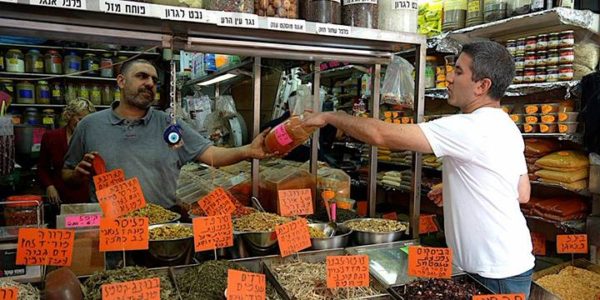
He goes into a Yemenite restaurant in Tel Aviv and finds small plates of appetizers that could easily be found in Morocco, Syria, Egypt, Bulgaria and Poland. He sits down in a kosher restaurant in Jerusalem and is treated to the best noodle kugel he has ever tasted. He eats in an Arab restaurant in Umm al-Fahm, the largest all-Arab town in Israel, and bites into delicious lamb kebabs. He meets a chef on the shores of the Sea of Galilee who concocts an excellent St. Peter’s fish dish.

Solomonov delights in these discoveries and passes on his infectious enthusiasm.
The ghetto in Venice, the world’s first one, was established five centuries ago, on March 29, 1516. Before it was dismantled by Napoleon Bonaparte in 1797, it was a testament to Christian intolerance and oppression.
Emanuela Giordano’s film, Venice Ghetto: 500 Years of Life (May 9 and 11), explores its history and nooks and crannies through walking tours, animated presentations and interviews with local historians.
Sometimes described as a republic within a republic, the ghetto was composed of three distinct, densely-populated ghettos established at different times. Although more than 200 years have elapsed since its closure, the ghetto is still a distinct geographic district, as well as an enduring point of interest in Venice, a major tourist destination.
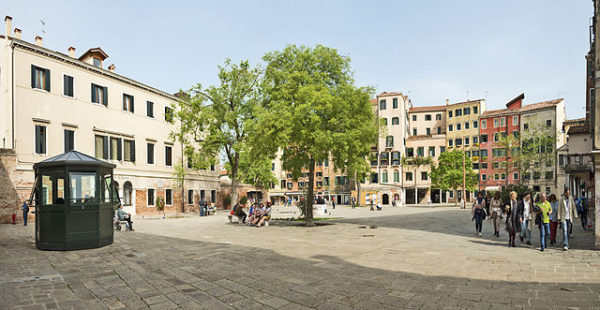
Our guide is Lorenzo Luzzatto, an Italian-speaking American whose grandmother fled Italy after the imposition of the 1938 antisemitic laws, promulgated by Benito Mussolini’s fascist regime. Luzzatto comes from a prominent Jewish family, his late great grandfather having been a general in the Italian army.
Luzzatto, a nice young man, shows us around the ghetto. His aunt, Anna, keeps him company as he takes us to a variety of places, including the German synagogue, the oldest shul in the ghetto. He also explores the Jewish cemetery on Lido island, which is technically outside the ghetto’s boundaries.
The film, steeped in the legends and stories of the ghetto, is impressionistic rather than rigorously historical. But it’s an adequate introduction to the subject.
